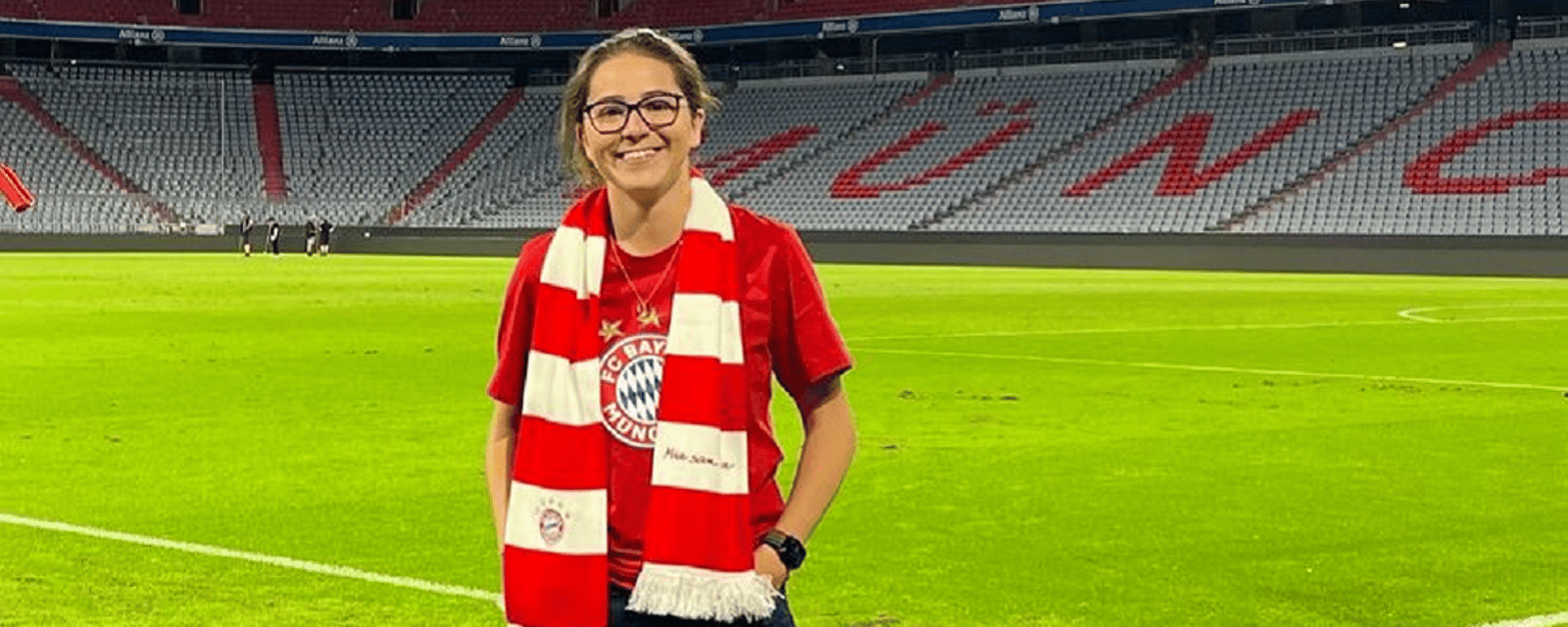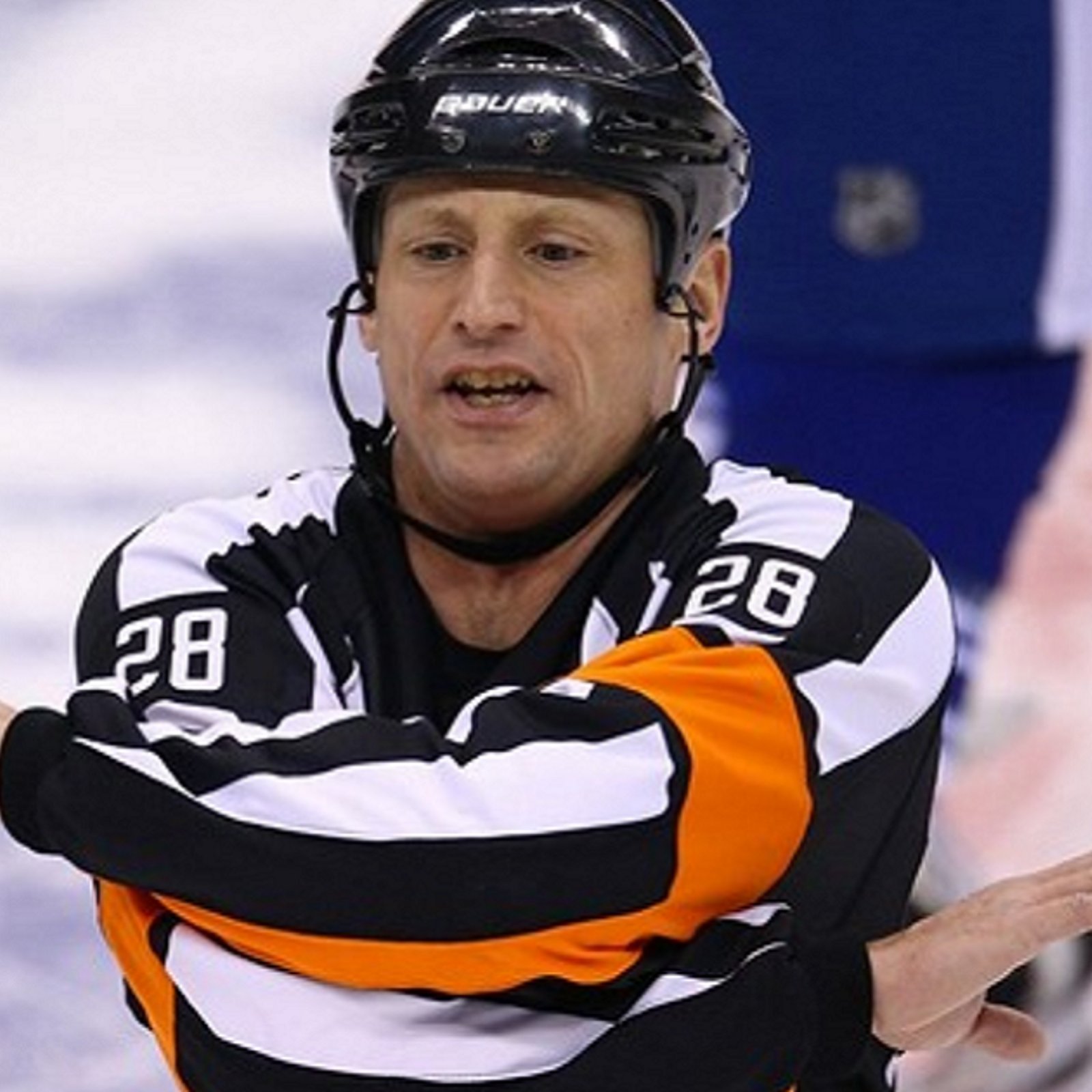
Rachel Doerrie breaks her silence on 'discrimination' from the Vancouver Canucks.
Doerrie details her complaints against the Canucks.
Former Vancouver Canucks employee Rachel Doerrie has broken her silence after being terminated from her position as a member of the Vancouver Canucks coaching staff earlier this year.
On Sunday, Doerrie took to social media to tell her side of the story regarding the situation that would lead to her surprising termination back in September of this year. According to Doerrie, she was the victim of workplace discrimination due to what appears to be in large part the result of a pre-existing condition prior to her joining the Canucks organization.
Doerrie released a lengthy document in which she goes point by point through her experience and it appears that, from her perspective at least, much of the blame falls at the feet of Canucks assistant general manager Emilie Castonguay.
Central to Doerrie's claims of workplace discrimination is a disability that she claims she disclosed to the Canucks prior to joining the organization. From Rachel Doerrie's document:
7. In particular, Ms. Doerrie was diagnosed with post-traumatic stress syndrome (“PTSD”) in 2018, with associated panic and anxiety attacks and depression.
8. Ms. Doerrie’s mental illness is inextricably tied to her physical disability – namely, a heart condition known as vasovagal syncope and a leaky heart valve, for which she received a diagnosis in 2018, but likely has had since a young age. Ms. Doerrie wears a heart monitor every day in order to manage her heart condition.
9. Of significance to this complaint, when Ms. Doerrie was approached by the Canucks for a job opportunity, she disclosed her mental and physical disability to them in the interview process, including details of “triggers” and how her illnesses presented themselves. In disclosing this information, it was Ms. Doerrie’s expectation that if she did move to Vancouver for a job with the Canucks, she would be provided with a safe and healthy work environment, which took her mental and physical disabilities into account. It was important to Ms. Doerrie that this issue be addressed at the outset of any employment relationship, as Ms. Doerrie was considering employment opportunities with multiple NHL teams and she did not wish to commence a new job with a team that would not be respectful, considerate, or accommodating of her health conditions.
Doerrie claims that this would eventually result in Emilie Castonguay calling her mental fitness for her role into question.
28. Further, and significantly, in terms of her mental and physical well-being, despite Ms. Doerrie’s strong work performance and the praise she had received from her colleagues, Ms. Castonguay told Ms. Doerrie: “I don’t know if you have what it takes to do the job, mentally”.
According to Doerrie, this in turn would lead to further alienation from Emilie Castonguay herself as well as a general feeling of isolation from the rest of her peers, something that Doerrie claims would eventually lead to her having several cardiac episodes.
43. As a result of this treatment of her by Ms. Castonguay, Ms. Doerrie suffered multiple cardiac episodes and anxiety attacks from September 21 to 25, while in Whistler. Ms. Doerrie was treated by the Canucks’ Mental Performance Specialist, Team Physician and Orthopaedic Surgeon in response to these episodes.
Doerrie would eventually report these events to the Canucks HR department, but according to her this would lead to the termination of her employment only a few hours later.
44. On September 27, 2022, Ms. Doerrie met with the HR department of the Canucks. She told the HR department that Ms. Castonguay had “crossed the line” with the comments that she had made about Ms. Doerrie’s mental ability to perform the job. The HR department stated in response that they had been told by Ms. Castonguay that Ms. Doerrie had spoken to the media about her promotion, and said they would look into Ms. Castonguay’s comments to Ms. Doerrie about this.
45. A few hours after Ms. Doerrie’s discussion with the HR department, Mr. Allvin terminated Ms. Doerrie’s employment with the Canucks, based on the information he had received from Ms. Castonguay.
Doerrie makes it abundantly clear in her document that she feels both her disability and her gender played significant roles in the discrimination she claims she faced in the Canucks organization.
56. It is clear, based on all of the circumstances of this case, that Ms. Doerrie’s sex and physical and mental disabilities played a role in the termination of her employment.
At the time of her dismissal there were reports that Doerrie had retained the services of Vancouver labour lawyer Peter Gall and this latest document appears to be yet another indication that she intends to pursue legal action.

- Jonathan Larivee
Jacob Markstrom slashes and injures his own teammate in Game 1.
- NHL News
- 2 minutes read

- Jonathan Larivee
Kris Knoblauch officially confirms Oilers will be down three men in Game 1.
- NHL News
- 2 minutes read

- Jonathan Larivee
NHL removes two of the “worst” referees from Stanley Cup playoffs.
- NHL News
- 3 minutes read

